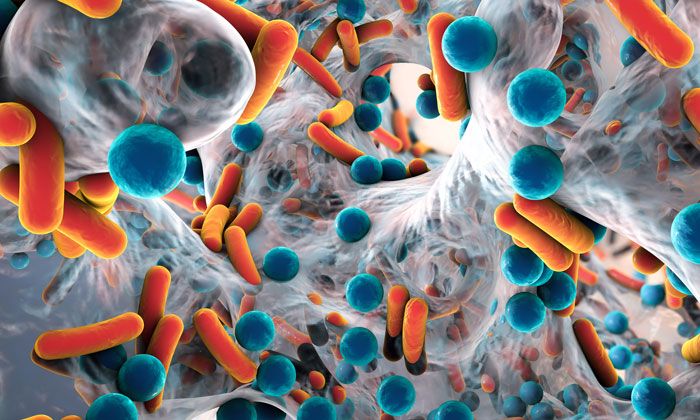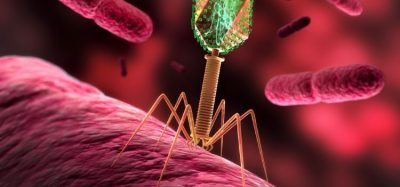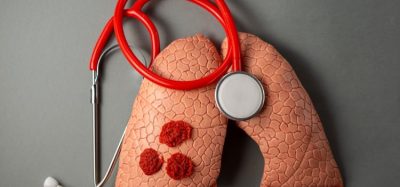Scientists develop rapid test that determines antibiotic resistance
Scientists in Germany have developed a test using electric fields and Raman spectroscopy to ascertain specific antibiotic resistance of pathogens and thus enable the prescription of effective treatment.
Scientists of the Leibniz-Institute of Photonic Technologies (Leibniz-IPHT), Center for Sepsis Control and Care at the University Hospital Jena and Friedrich Schiller University are working on a faster and cheaper alternative for hitherto time-consuming pathogen diagnostics. Commenting on the benefits of the new test, Project Manager Prof. Ute Neugebauer said: “We combine light-based analytical methods with microfluidic sample processing.
With our Lab-on-a-Chip system – thus a miniaturised lab – we are able to clearly identify bacterial strains and their resistances, in less than three hours”.
Standard practices for infectious diagnostics require up to 72 hours to ensure a reliable result, owing to the small number of pathogens in a patient’s sample being below the level required to conduct tests. Analysis is therefore only possible after time-consuming cultivation; which is especially restrictive in clinical application during treatments for severe infections such as sepsis, where time is a crucial factor.
Currently, intensive physicians are confronted with an alarming dilemma between making every effort to save a patient and perpetuating the problem of antibiotic resistance. Commenting on the situation, Prof. Michael Bauer, director of the Clinic of Anesthesiology and Intensive Care at the University Hospital Jena, said:
“Far too often we have to administer broad-spectrum antibiotics ‘blindly’, because we can neither analyse pathogen nor potential resistances. Therefore, we possibly use a sledge-hammer to crack a nut. A vicious cycle that aides the development of new resistances” .
Test facilitates a speedy targeted approach
The new method from Jena provides much faster diagnosis that provides a basis for a decision of a reliable therapy. Ute Neugebauer, who works at Leibniz-IPHT and the University Hospital Jena points to tiny electrodes that are fixed on the surface of a stamp-sized chip: “Electric fields secure bacteria in a very small area”. Jena’s scientists then apply various antibiotics in different concentrations on the trapped bacteria and examine them by means of Raman spectroscopy. “This means that we irradiate the pathogens with laser light and evaluate the scattered light spectrum”, says Neugebauer.
Prof. Jürgen Popp, director of the Leibniz-IPHT and head of the Institute of Physical Chemistry of the Friedrich-Schiller University Jena, explains further: “After two hours we can already detect distinct changes in the Raman spectra. Out of these, we can derive whether the strain is resistant or sensible. At the same time, we get information on the required concentration of the antibiotic to constrain bacterial growth. This is an important diagnostic parameter that influences the success of a treatment decidedly”.
The combination of fast, light-based diagnostics and a high automation level reduces the time from sampling to result from currently 72 to just three and a half hours. “Such a fast procedure could revolutionise diagnostics of infectious diseases”, says Prof. Bettina Löffler, director of the Institute of Medical Microbiology at the University Hospital Jena. Currently, researchers are working to develop a platform for application of the test in hospitals. Another, more far reaching, aim is the further development into a cartridge-based rapid test system, to enable general practitioners to identify resistances in a fast and easy way for the first time. This will arm physicians with a powerful tool to aid their endeavours in personalised therapy and the administration of a fitting drug.
The results of the team of chemists, physicians, and biologists were published in the current edition of Analytical Chemistry.
Related diseases & conditions
Sepsis









